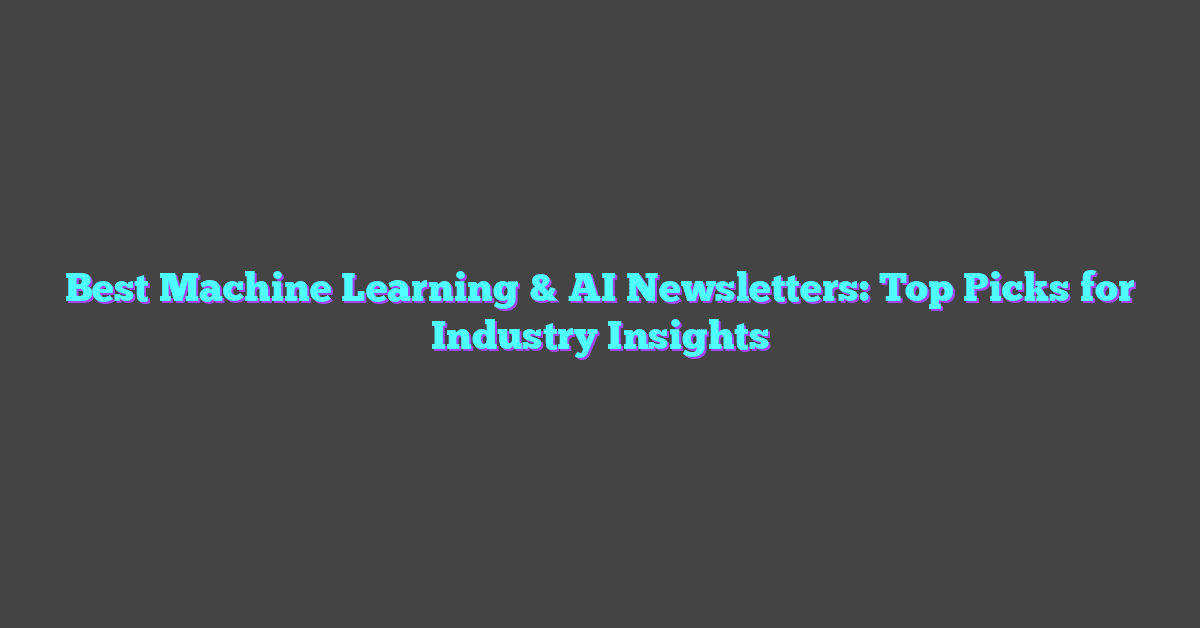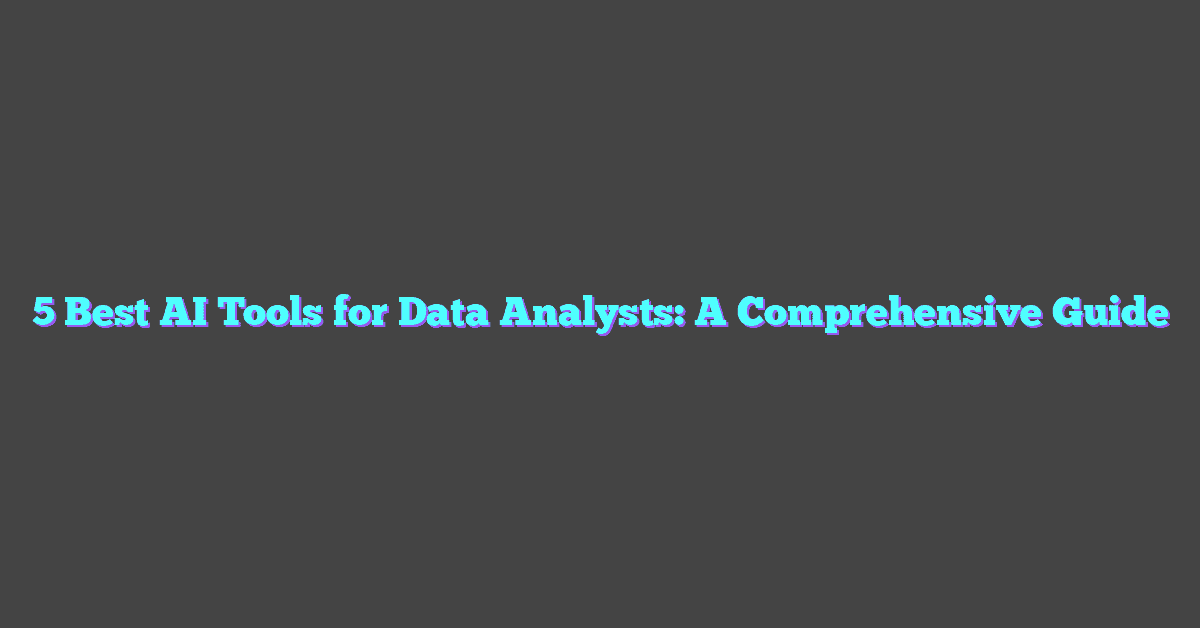In a world where technology evolves at lightning speed, artificial intelligence (AI) has become a buzzword that sparks both excitement and concern. From voice-activated assistants to advanced data analytics, AI promises to revolutionize how we live and work. But amidst the hype, a pressing question emerges: is AI truly necessary?
As businesses and individuals alike grapple with this question, it’s essential to consider the practical benefits and potential pitfalls of AI. While some argue that AI streamlines operations and drives innovation, others worry about job displacement and ethical dilemmas. This article delves into the necessity of AI, weighing its transformative potential against the challenges it presents.
The Need for AI in Modern Technology
Artificial intelligence (AI) has become a cornerstone of modern technology. Its applications are broad, ranging from enhancing productivity to driving personalized user experiences.

Increasing Efficiency Across Industries
AI is transforming industries by increasing efficiency. Automated processes, such as robotic process automation (RPA), reduce the time and effort required for repetitive tasks. For example, in manufacturing, AI-driven robots assemble products quickly and accurately, eliminating human error.
In healthcare, AI algorithms analyze large datasets to identify disease patterns and recommend treatments. This capability speeds up diagnosis and improves patient care. IBM’s Watson, for instance, aids doctors in identifying the best treatment options based on a patient’s medical history and current symptoms.
Financial services benefit from AI in fraud detection and risk management. Machine learning models analyze transaction data to flag suspicious activities, protecting both consumers and institutions from financial crimes.
Enhancing Personalization and User Experience
AI significantly enhances personalization and user experience. In retail, AI recommendation engines suggest products based on user behavior and preferences, increasing sales and customer satisfaction. Amazon’s recommendation system, for instance, accounts for a significant percentage of its revenue.
In entertainment, AI curates content tailored to individual tastes. Streaming services like Netflix use machine learning algorithms to recommend shows and movies, keeping users engaged.
AI-powered virtual assistants, such as Siri and Alexa, improve daily life by understanding and responding to user commands. These assistants set reminders, control smart home devices, and provide information instantly.
AI in education personalizes learning experiences. Adaptive learning platforms adjust content delivery based on student performance, ensuring that learners receive the right level of challenge and support.
By making technology more user-centric, AI drives engagement and satisfaction. This, in turn, fosters loyalty and long-term success for businesses in various sectors.
Potential Risks and Ethical Concerns of AI
AI’s transformative power comes with significant risks and ethical concerns.
Privacy and Security Issues
AI systems often handle vast amounts of sensitive data. This data includes personal information, financial records, and medical history. Unauthorized access to such data can lead to serious privacy violations. For instance, data breaches expose millions to identity theft. AI’s capability to analyze and predict behavior can be misused. Governments and corporations can use it for surveillance, infringing on individual privacy.
Cybersecurity also becomes a major concern with AI. AI-driven attacks, like automated phishing or malware distribution, can cause large-scale damage. AI systems themselves can be targets, where adversarial attacks manipulate AI outputs by feeding misleading data.
Ethical Implications and Decision-Making Dilemmas
AI systems often make decisions that affect human lives. These ranges from credit approval in finance to sentencing in criminal justice. Biased data can lead AI to make unethical decisions, perpetuating discrimination. For example, AI used in hiring processes can unfairly favor certain demographics if trained on biased data sets.
Autonomous AI decisions raise accountability questions. When AI decisions result in harm, it’s unclear who should be held responsible—developers or users. This leads to a lack of transparency and trust in AI systems. Additionally, the absence of clear ethical guidelines causes indecisiveness in critical situations, like in autonomous vehicles deciding who to prioritize in unavoidable accidents.
AI’s rapid progress necessitates addressing these potential risks and ethical concerns to ensure that its benefits are realized responsibly.
Comparing AI Developments across Different Regions
Artificial intelligence (AI) developments vary greatly across regions. Differences in investment, research, and innovations shape AI adoption and advancements.
AI Innovations in North America
North America leads in AI innovations, thanks to robust investments and research. The U.S. and Canada host numerous tech giants and startups. Companies like Google, Microsoft, Facebook, and Amazon significantly contribute to AI advancements. For example, Google’s DeepMind excels in deep learning and reinforcement learning, creating breakthroughs like AlphaGo.
Major universities such as MIT, Stanford, and the University of Toronto focus heavily on AI research. Governments also play a crucial role. The U.S. government has initiatives like the National Artificial Intelligence Initiative Act, which prioritizes AI development and funding.
Growth of AI in Asia and Europe
Asia’s AI growth is driven by countries like China, Japan, and South Korea. China aims to become the world leader in AI by 2030, with heavy investments and strategic plans. For instance, Baidu, Alibaba, and Tencent lead AI research and applications, focusing on areas like facial recognition and natural language processing (NLP).
Japan emphasizes AI in robotics. Companies like SoftBank Robotics develop advanced robots used in various sectors. South Korea focuses on AI in smart cities and autonomous vehicles.
Europe also prioritizes AI with its regulatory frameworks and ethics guidelines. The EU’s AI Strategy promotes innovative AI while addressing ethical considerations. Countries like Germany and the UK invest significantly in AI research. The UK has centers like The Alan Turing Institute, driving AI development in data science and machine learning.
AI in Daily Life: From Smartphones to Home Automation
Artificial intelligence has become integral to everyday activities, shaping how people interact with their devices. Its influence extends from enhancing smartphone functionalities to streamlining home automation.
How AI is Shaping Consumer Technology
AI impacts consumer technology by enabling smart features that improve user experiences. Smartphones use AI for face recognition, voice assistants, and personalized recommendations. Face recognition technology enhances security and convenience. Voice assistants like Siri and Google Assistant use natural language processing to understand and respond to user queries. Personalized recommendations optimize content delivery based on user preferences.
Additionally, AI-driven applications in smart devices create seamless integration across platforms. For example, AI algorithms in wearable devices monitor health metrics, helping users manage fitness goals effectively. These technologies not only enhance user experience but also provide valuable insights that drive continuous improvement in products.
Applications in Home Automation
In home automation, AI optimizes various aspects such as energy management, security, and convenience. Smart thermostats use AI to learn user habits, adjusting temperature settings for comfort and efficiency. For instance, devices like Nest learn from user behavior to set optimal temperatures automatically, reducing energy consumption.
AI-powered security systems provide real-time monitoring and threat detection. Cameras with AI capabilities can differentiate between familiar faces and potential intruders, sending alerts to homeowners instantly. This precise detection minimizes false alarms and enhances home security.
Voice-controlled smart speakers like Amazon Echo and Google Home use AI to control other smart devices, streamlining daily tasks. Users can manage lighting, appliances, and entertainment systems through voice commands, making home management easier and more intuitive. This integration of AI in household devices not only enhances functionality but also aligns with the growing trend of smart living.
Future Prospects and Developments in AI
Artificial intelligence (AI) continues to evolve at a rapid pace, improving various aspects of technology and society. Understanding its future prospects helps stakeholders stay ahead of upcoming trends.
Predicting the Next Decade in AI Technology
AI is on track to revolutionize numerous fields over the next decade. One clear area of impact is autonomous vehicles. They will transition from limited environments to widespread transportation solutions, leveraging advancements in computer vision and machine learning to navigate complex urban landscapes. According to a report by Allied Market Research, the global autonomous vehicle market will reach $556.67 billion by 2026.
Healthcare will see transformative changes as AI-driven diagnostics become more prevalent. For instance, AI algorithms now identify diseases from medical images more accurately than human specialists, enhancing early diagnosis and treatment plans.
Natural language processing (NLP) will also progress significantly, enabling more sophisticated AI chatbots and virtual assistants. These systems will handle increasingly complex queries and interactions, providing more natural and useful user experiences.
Quantum computing could further accelerate AI development, offering unprecedented computational power to solve problems previously deemed intractable. IBM and Google are already making strides in this area, suggesting significant breakthroughs in the coming years.
Emerging AI Applications
New AI applications will continue to emerge, driven by technological advancements and innovative ideas. In agriculture, AI systems are optimizing planting schedules and crop management through predictive analytics and IoT sensors. These applications are reducing waste and increasing yield.
In finance, AI algorithms are enhancing fraud detection and automating trading, resulting in more secure and efficient financial systems. For example, according to a report by Mordor Intelligence, AI in the fintech market is projected to grow at a CAGR of 23.37% from 2021 to 2026.
Education will benefit from AI through personalized learning experiences tailored to individual student needs. AI-driven platforms will adapt content delivery based on real-time feedback, thereby improving educational outcomes.
AI and Ethical Considerations
As AI advances, ethical considerations will remain crucial. Establishing fair and transparent algorithms ensures that AI systems do not perpetuate biases. Organizations must implement rigorous testing protocols to identify and mitigate any bias in their data.
Data privacy will also be at the forefront of AI developments. Stricter regulations, such as the General Data Protection Regulation (GDPR) in Europe, will require AI solutions to adhere to stringent privacy standards, ensuring user data is protected.
Conclusion
AI’s transformative power across various sectors is undeniable, driving productivity, personalization, and efficiency. However, with great power comes great responsibility. It’s crucial to address ethical concerns, ensure fair algorithms, and protect privacy. As AI continues to evolve, balancing innovation with ethical considerations will be key to harnessing its full potential. Whether it’s enhancing consumer technology or revolutionizing industries like healthcare and finance, the future of AI looks promising. Embracing responsible AI practices will pave the way for a smarter, more efficient world.
Frequently Asked Questions
What industries benefit the most from artificial intelligence (AI)?
AI significantly impacts industries like finance, healthcare, retail, entertainment, and education. It enhances productivity, user experiences, and operational efficiency through automation and personalized solutions.
How does AI improve personalized user experiences?
AI uses data analysis and machine learning to tailor services to individual preferences, such as personalized recommendations, voice assistants, and smart home devices.
What are the ethical concerns surrounding AI?
Ethical concerns include privacy issues, security risks, biased decision-making, accountability dilemmas, and the lack of clear ethical guidelines for AI deployment.
How does AI enhance home automation?
AI optimizes home automation through smart thermostats, AI-powered security systems, and voice-controlled smart speakers, improving energy management, security, and convenience.
What are the regional differences in AI development?
North America leads in AI innovations, Asia focuses on AI applications and investments, and Europe prioritizes AI through regulatory and ethical guidelines.
How is AI shaping consumer technology?
AI enhances consumer technology by integrating features like face recognition, voice assistants, and personalized recommendations, improving user experiences in smartphones and smart home devices.
What future developments are expected in AI?
Future AI developments include advancements in autonomous vehicles, healthcare diagnostics, natural language processing, quantum computing, agriculture, finance, and education.
Why is responsible AI implementation important?
Responsible AI implementation is crucial to ensure fairness, mitigate biases, establish rigorous testing protocols, and maintain data privacy, thereby aligning with ethical standards like Europe’s GDPR.




